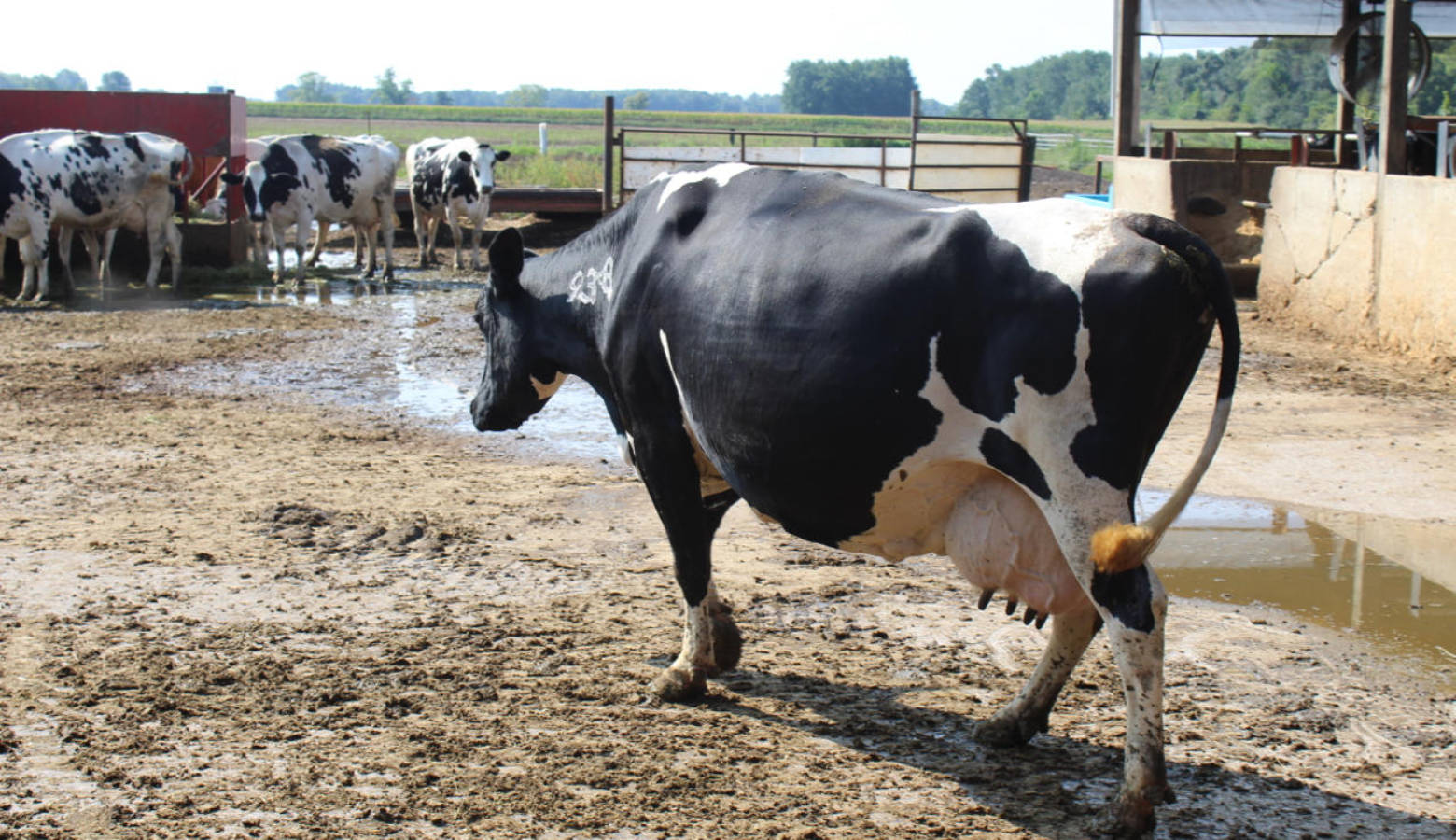Retired Hydrologist Opposes Location Of Proposed CAFO In Newton County

An expert is weighing in on a debate over whether property in Newton County is too wet for a confined animal feeding operation. Natural Prairie Dairy wants to build the CAFO in the now dried-up Beaver Lake bed on the edge of the former Grand Kankakee Marsh.
Martin Risch, a hydrologist who retired from the U.S. Geological Survey earlier this year and currently teaches at IUPUI, did a technical review of the site for the Hoosier Environmental Council. He says spreading that much waste in an area prone to being wet is a bad idea.
Risch says the site has wetland soils, a seasonally high water table, and is prone to ponding. He compares the situation to a tightrope walker with a pan of water balanced on their head.
“The tightrope walker is already in a precarious position and they’re wobbling back and forth and some of that water from that pan is going to slop out,” he says.
READ MORE: Organic Dairy Proposing CAFO Hopes New Tech Will Calm Drinking Water Fears
He says like other farmers nearby, Natural Prairie Dairy would likely struggle to get water off its farm.
“But we’re not talking about just growing corn and beans. We’re talking about putting thousands of dairy cattle in a confined area and trying to manage millions of gallons of their waste,” Risch says.
Risch says an accident on the farm or a big weather event would only increase the risk of contaminating surface and drinking water. He also questioned how much water animals at the CAFO would need and how that might affect how much groundwater is available for people in the area.
Risch completed the review in March, but released an additional report in October.
Natural Prairie Dairy declined to comment on Risch’s report, but did release the following statement from Will De Jong, the manager of the the proposed Newton County farm:
“We trust that the Indiana Department of Environmental Management and its expert staff will continue to conduct an extensive, rigorous review of our 273-page application for our family organic dairy. Of course, we will answer any questions or provide any additional information that IDEM may require to make a final decision. Until such time, we think it improper to comment.”
Indiana Environmental reporting is supported by the Environmental Resilience Institute, an Indiana University Grand Challenge project developing Indiana-specific projections and informed responses to problems of environmental change.
